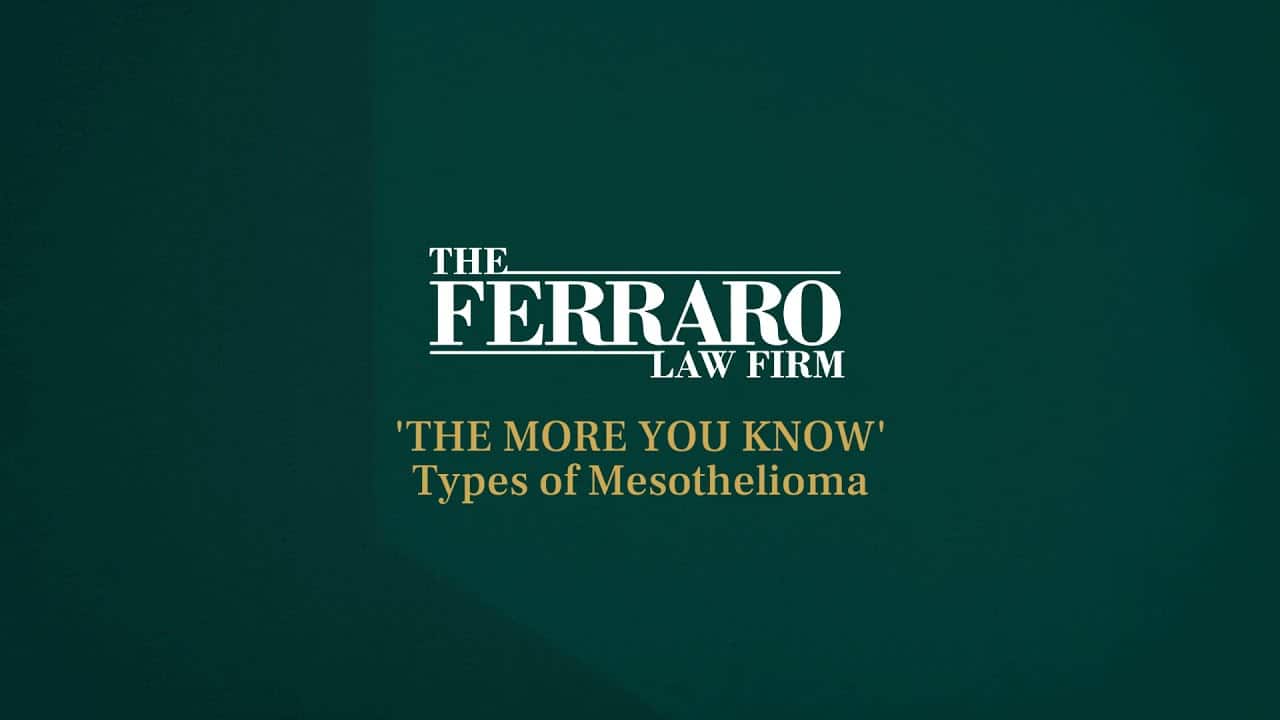If you were seriously injured, remember that it is crucial to choose the right law firm to represent your interests. We have been doing this for more than three decades, and have the resources you need to challenge any opponent.
Woman Who Lost Both Parents to Mesothelioma Calls For Asbestos Regulations
A Canadian woman who has now lost both her mother and her father to mesothelioma is calling for the country to put an outright ban on production of the natural mineral.
As our Mesothelioma Lawyer Blog has reported recently, a group of investors is planning to jump-start Canada’s asbestos exportation business, sending millions of tons of the mineral to third-world countries, where it will be used to build houses and buildings among unsuspecting people.
Our mesothelioma lawyers understand the dangerousness of asbestos and have seen many people whose health has been affected by exposure without their knowledge. Exposure to asbestos can cause many respiratory illnesses along with mesothelioma, a rare and incurable form of cancer.
While asbestos has never officially been banned in the United States, it is rarely used anymore. Though there have been examples of companies trying to use asbestos in road projects, those are typically halted once the samples are tested by environmental officials.
But many buildings still stand today in America that were built with asbestos. The natural mineral was highly popular in the early 20th century because of its resistance to fire and its ability to insulate a building. It was used heavily in construction, including coating pipes and in boiler rooms. It was also used in consumer products, including crock pots, hair dryers and other every day things.
Natural disasters, such as tornadoes and earthquakes have taken down many of these buildings and exposed many people to the asbestos inside. Researchers have found that first responders to the Sept. 11 attacks likely were exposed to heavy amounts of asbestos and other carcinogens.
And yet Canada has decided to continue its asbestos exportation business, despite the obvious health risks. Canada and Russia are among the biggest exporters of asbestos today, sending this dangerous product to counties where the people have little voice in the matter.
While Canadian officials say this new type of asbestos is tightly packed and won’t flake off and cause exposure, there’s no way to know for sure. And countries like India have lower standards for environmental protection and likely won’t think twice about bringing it in.
One Ontario resident, who calls herself an “asbestos orphan” wants to try to convince the government to ban exportation and mining of asbestos, the Toronto Sun reports. The woman’s mother told her just before death that no one should die the way she was dying — after having been exposed to asbestos.
A mine in Quebec closed two years ago, but a group of investors — padded by a Canadian-backed loan — has vowed to continue the trade. Asbestos is already banned in 50 to 60 countries. In the United States, some asbestos-containing products are banned, but others are not. A 1991 court ruling out of New Orleans overturned an Environmental Protection Agency ban.
Despite Canada banning asbestos because of health concerns, its government is willing to send the dangerous mineral to other countries, where their people can deal with the health effects years in the future.
Table of Contents
Frequently Asked Questions: Mesothelioma & Asbestos
What is asbestos?
Why is asbestos dangerous?
What are asbestos-related diseases?
What causes mesothelioma?
What are the different types of mesothelioma?
What are common mesothelioma symptoms?
Do I qualify for compensation if I have mesothelioma?
What is the life expectancy for someone with mesothelioma?
Do I qualify for compensation if I have mesothelioma?
The Ferraro Law Firm provides comprehensive legal services, including mesothelioma legal help. Call (888) 554-2030 for a free and confidential consultation. Offices in Miami, Washington, D.C., and New York City.
More Blog Entries:
Obama Executive Order Could Benefit Mesothelioma Patients: November 8, 2011
Despite Obvious Risks, Canada Still Large Exporter of Asbestos: September 29, 2011






